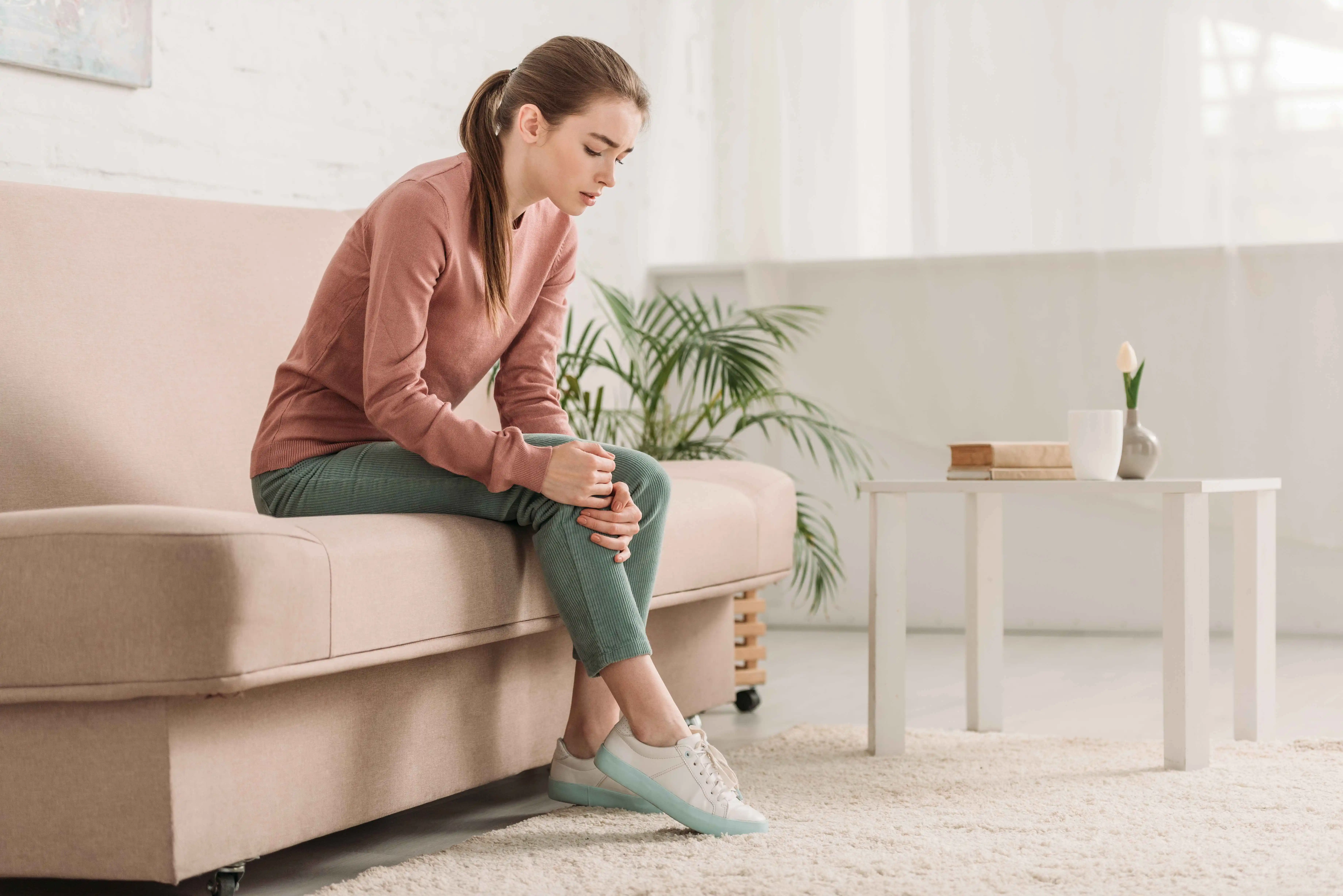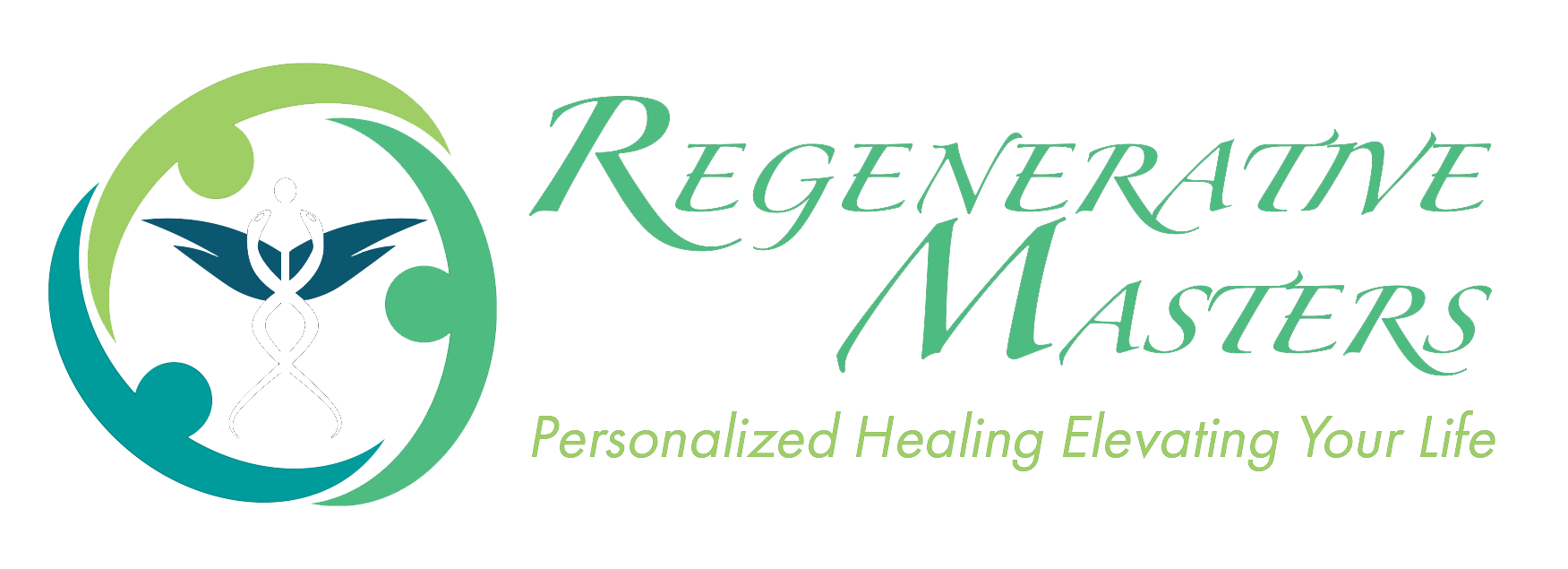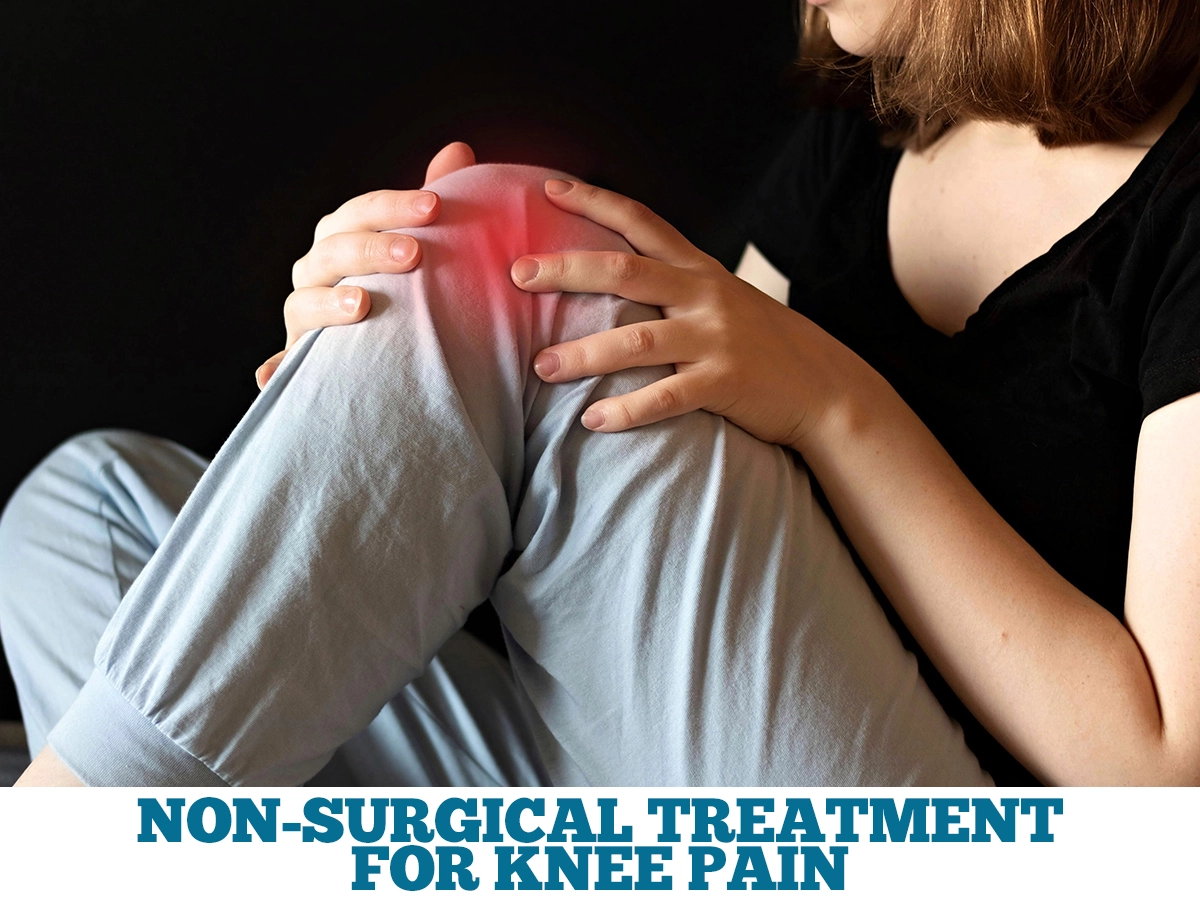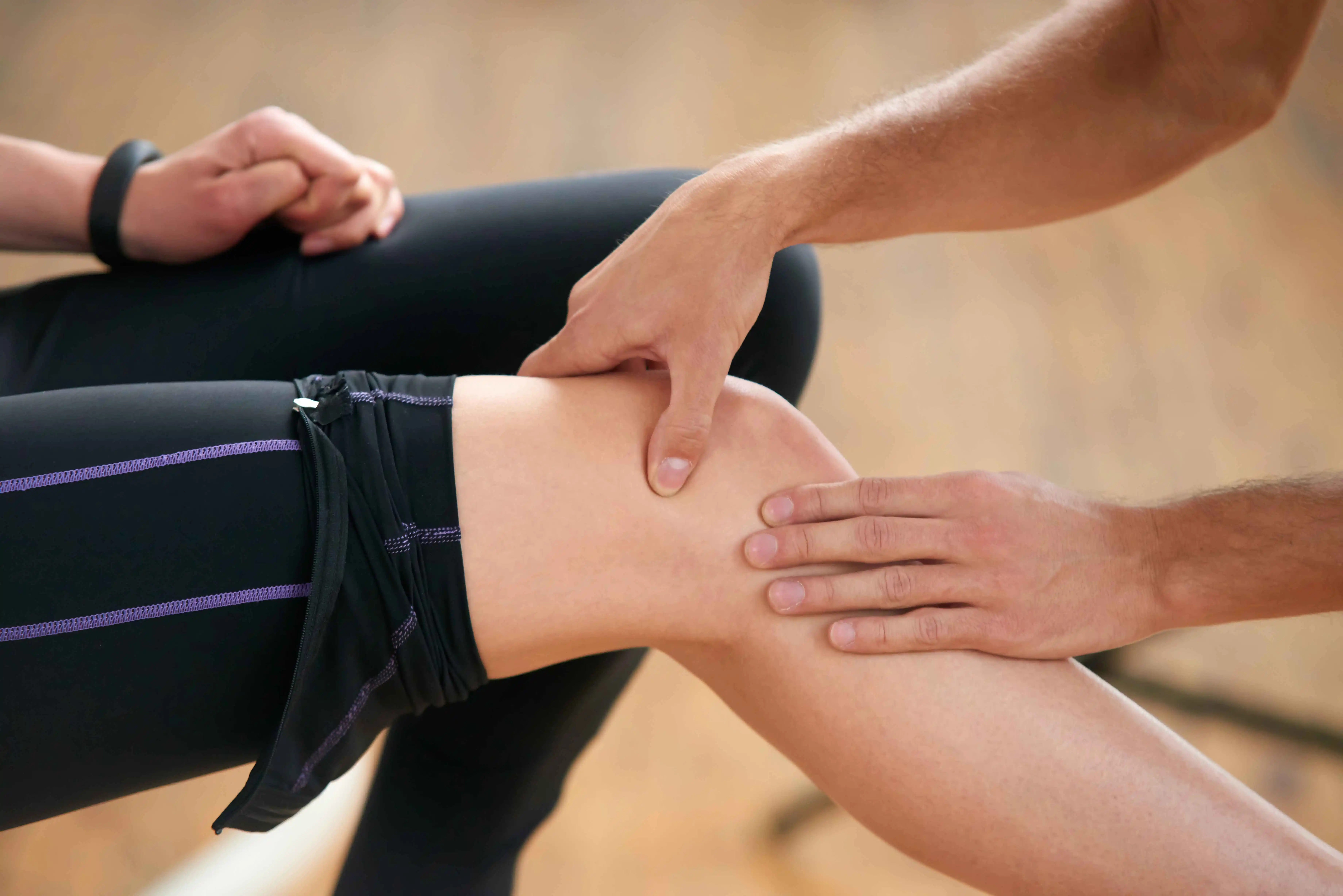Knee pain is one of the most common musculoskeletal complaints reported today. It affects people of all ages. As a result, there’s a significant increase in people seeking non-surgical treatment for knee pain.
The causes of knee pain are varied, as the pain can result from trauma, injury, or age-related conditions. For instance, a ruptured ligament or torn cartilage can cause pain and inflammation around the knee joint, especially in younger patients. However, severe knee pain can also be caused by medical conditions like gout, arthritis, infections, etc., in older patients.
Minor knee pain can be managed with self-care measures, including hot or warm compresses, physical therapy, knee braces, etc. In some cases, your doctor may recommend surgical repair. Yet, surgery is not the only solution, as we will explore the possibility of getting non-surgical treatment for the knee pain below.
Exploring the Anatomy of Knee Pain
Living with knee pain can be debilitating as you use your knee for many functions, including sitting down and getting up. The primary part of the knee joint is to bend, straighten, and bear the body’s weight, along with the ankles and hips. The knee is not just a simple hinged joint, as it also twists and rotates.
To perform this entire range of functions, your knee joint encompasses a complex network of bones, tendons, ligaments, and cartilage.
- The knee joint is made up of 4 bones.
- The top part is the femur or the thigh bone.
- The tibia, a bone in the lower leg, bears the weight of the joint at the bottom.
- The patella or kneecap lies at the front of the femur.
- The last bone in the calf, the fibula, doesn’t bear any weight but provides ligament attachments for stability.
- These bones are connected and supported by a complex network of tendons, cartilage, ligaments, and bursae.
What are the Causes of Knee Pain?

Knee pain can result from damage or injury to ligaments, tendons, cartilage, or bursae wrapped around your knee joint.
Here are some common knee injuries or conditions that can result in knee pain:
-
- Knee Osteoarthritis is caused by aging/wear and tear of the cartilage that leads to knee pain, swelling, and stiffness in the joint.
- Fractures in the kneecap due to trauma or caused by osteoarthritis.
- Tears in the Anterior Cruciate Ligament that connects your shinbone and thighbone. An ACL Tear results in the knee giving out and may require surgical repair.
- PCL (Posterior Cruciate Ligament) Tears also lead to knee instability, swelling, inflammation, and pain.
- A tear in the Meniscal Cartilage, which cushions the knee, occurs when you twist your knee badly.
- Chondromalacia patella is an irritation of the cartilage on the bottom of the kneecap that causes knee pain, especially in young people.
- Knee Bursitis often results from injury or overuse. The condition affects the bursae (tiny fluid-filled sacs that reduce friction between joints), causing pain, warmth, and swelling.
- Also known as the rich man’s disease, Gout is a form of arthritis resulting from the buildup of uric acid crystals in the joint. It causes severe pain and swelling as it affects the sensitive knee joints.
- Pseudogout is a similar condition caused by high-density deposits of calcium pyrophosphate crystals in the knee and other joints.
- Septic Arthritis develops due to bacteria, a virus, or fungus inside the knee. The condition can cause inflammation, pain, swelling, and difficulty moving the knee.
- Patellar Subluxation causes knee pain as the kneecap dislocates or slides abnormally in the wrong direction.
- Patellar Tendonitis is common among athletes, primarily from repeated jumping, as the tendon connecting the kneecap to the shinbone becomes inflamed.
- Rheumatoid Arthritis is a severe autoimmune condition that causes arthritis in all joints, especially the knees, causing permanent damage if left untreated.
Physical therapy and knee braces also can help relieve pain. In some cases, however, your knee may require surgical repair.
Here are the Signs and Symptoms of Knee Pain
The intensity and origin point of knee pain depend upon the underlying cause or condition. Here are some signs and symptoms that usually pop up with prolonged knee pain:
- Swelling and stiffness in the afflicted area
- The area turns red and is warm to touch
- Severe instability and weakness
- Sharp pain when you try to straighten your knee.
You should see a doctor immediately if you experience the following symptoms:
- If your knee cannot bear your weight, feels unstable, or gives out regularly.
- If you have severe swelling
- If you cannot flex or completely extend your knee.
- If you develop a deformity in your leg or knee.
- In case you have a severe knee injury
- If you develop a fever in combination with a red, swollen, and painful knee.
Non-Surgical Treatment for Knee Pain
Here are some tried-and-test ways to manage knee pain:
Knee Brace
Wearing a knee brace is an excellent way to stabilize a painful knee joint while reducing pain and inflammation. The mount puts pressure on two sides of the knee joint to realign it and increase mobility.
Infusions and Injections
Corticosteroids are injected directly into your knee to reduce bone friction and control inflammation. Infusion therapy also delivers medication either directly or intravenously into the muscles to reduce inflammation.
Lifestyle Changes
Your doctor may recommend specific lifestyle changes, including weight loss, reducing activities that can strain your muscles, and performing low-impact exercises to reduce stress on the knee joint.
Dietary Supplements
You may be required to take supplements, including glucosamine and chondroitin, that improve bone and soft tissue health.
Pain Medication
Over-the-counter pain relievers like acetaminophen (Tylenol) and ibuprofen (Advil and Motrin) can be taken for short-term relief. Muscle rubs can also help reduce the pain temporarily.
Physical Therapy
A well-structured exercise regime can also help strengthen the muscles and soft tissues enveloping your knee joint to improve flexibility and mutual support.
Regenerative Cellular Therapy
When hurting, one tends to focus mainly on controlling the pain at the risk of neglecting to treat the underlying condition causing it. Surgery may seem like a quick fix, yet it often requires prolonged recovery time and underdelivers.
At Regenerative Masters, Dr. Hanson uses advanced cellular therapies to identify and heal the root causes of pain and dysfunction.
As one of the most experienced and innovative biologic regenerative physicians who has spent over 12 years developing advanced cellular therapies, Dr. Hanson is an expert in providing relief from various conditions and diseases.
FAQs About Non-Surgical Treatment for Knee Pain
How can I fix my knee pain without surgery?
Ans. Rest, ice, compression, and knee joint elevations can help fix superficial knee injuries. However, more severe injuries like ligament tears or arthritis can be treated nonsurgically using regenerative therapies, available at Regenerative Masters.
Can a knee be fixed without surgery?
Ans. You can repair ACL, PCL, or Meniscal tears using a holistic combination of regenerative medicine and physical therapy.
What is the new treatment for knee pain?
Ans. Cellular therapies have proved to be highly successful in treating several conditions that lead to knee pain, including arthritis. Dr. Hanson has successfully used cellular medicine to treat knee pain resulting from arthritis.
What are the three most common non-surgical treatments for knee injuries?
Ans. Weight loss, physical therapy, and regenerative cellular therapies offer excellent nonsurgical treatment for knee pain.
Seeking Holistic, Non-Surgical Treatment for Knee Pain? Regenerative Masters is Here to Help!
We hope you get a complete picture of the primary reasons behind knee pain and the best nonsurgical treatment.
If you have been in pain for a long time and are looking for a holistic healing regimen to help manage or treat knee pain and related conditions, reach out to Regenerative Masters and let Dr. Hanson help you find freedom from pain.
Contact us at (612) 800-5096 or visit our clinic at 700 Wildwood Road Mahtomedi, MN, today.



